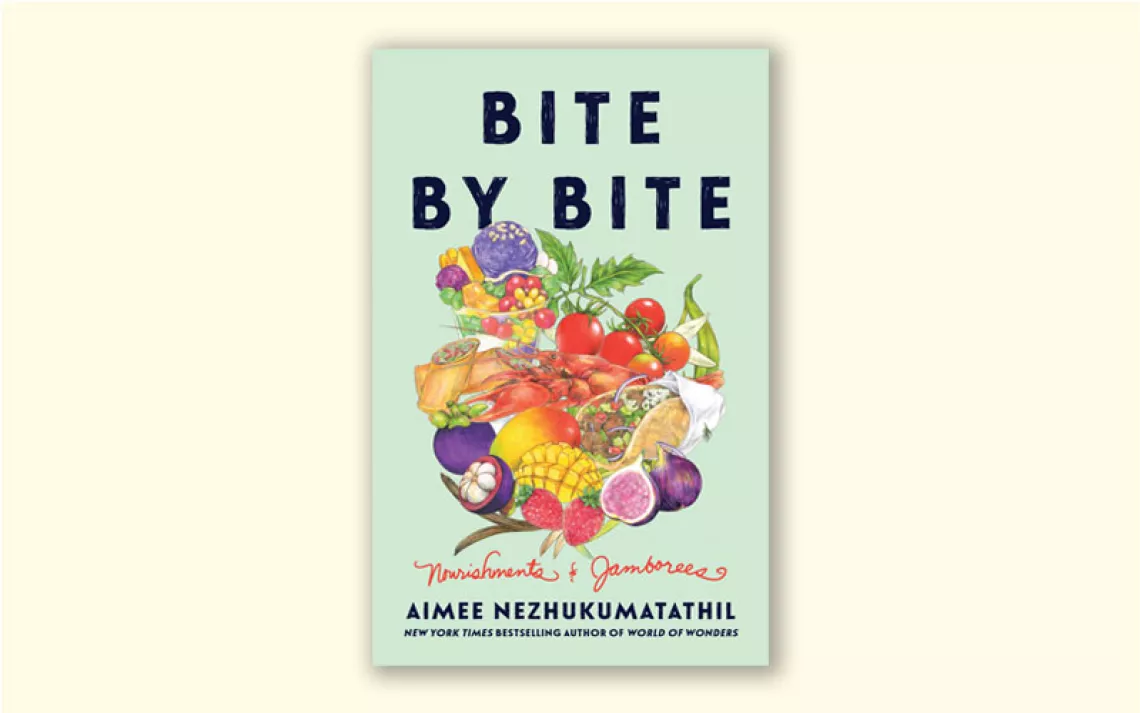Environmentally Intelligent Food Coming to a Sports Venue Near You

Photo by iStock/Sean_Warren
In March 2014, the San Francisco Giants announced they would be the first team in MLB history to construct an organic, edible garden at their home field, AT&T Park (it now sits below the scoreboard beyond the center field fence). But the San Diego Padres, who planted their own sustainable garden at Pecto Park in 2012, took exception to their rival team’s claim, starting an argument that became known as “Gardengate.”
The friendly banter between the Giants and Padres generated enough publicity for fans to take notice of the two teams’ greening efforts. And according to the Green Sports Alliance and the Natural Resources Defense Council, teams across North America are following the Giants’ and Padres’ lead. In June, the two environmental advocacy groups released a report titled Champions of Game Day Food, which profiles successful case studies of sustainable food practices at professional sports arenas and stadiums to provide a model for less eco-friendly venues. The report highlights, among other examples, hydroponic garden towers at the Tampa Bay Lightning’s Amalie Arena, ballpark-wide composting at Yankee Stadium, and antibiotic-free hot dogs and burgers at both Edward Jones Dome and Safeco Field, homes of the St. Louis Rams and Seattle Mariners, respectively.
The study celebrates the venues at the forefront of the sports sustainability movement and suggests ways for others to improve. It breaks down sustainable food service into manageable steps, from choosing USDA-certified local food to providing compostable serviceware and donating unsold food.
“We are seeing the start of a significant cultural and marketplace shift towards environmentally intelligent food at sports venues,” said Green Sports Alliance co-founder Dr. Allen Hershkowitz in a statement. “Greener food service programs have helped venues improve operational efficiency, feed those in need, and better cater to varied dietary preferences. The game day fan experience is changing for the better as a result.”
As catering consultant David Russell notes in the report’s introduction, however, most sports venue food still “follow[s] the path of highly processed meats and refined sugars,” an irony in that spectators watch athletes “compete at the peak of their physical fitness” while consuming chemical-filled food. Still, the study finds that teams are trending in the right direction when it comes to ballpark nutrition. Fans hold athletes responsible for what they put in their bodies, and now stadiums are making it easier for the fans to do the same for themselves.
 The Magazine of The Sierra Club
The Magazine of The Sierra Club



